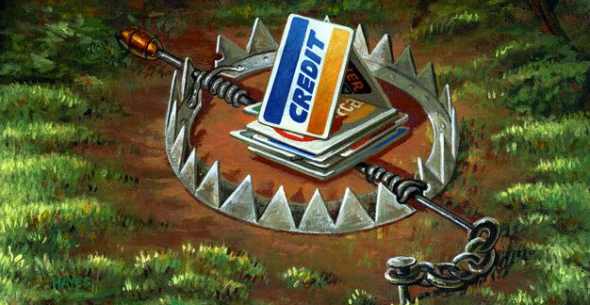Imagine a world where growth is moderate, inflation is low, productivity is high and living standards continually expand. That doesn’t sound all that bad, does it? Well, it’s not too far from the world we’re currently experiencing. And I have to wonder if it’s not all that bad. Of course, economists have been arguing that the “lowflation” is akin to some “trap” that renders the economy paralyzed or something. But what if lowflation isn’t such a bad thing? Consider the following:
- We know from Thomas Piketty’s work on long-term growth that we’ve been experiencing a secular boom. Growth in the post-industrial revolution era has averaged about 2.3% relative to a longer trend that is almost half of that. Of course, in the last 100 years growth has been even higher, but if we’re reverting to trend then that isn’t necessarily a sign of something negative – it just means that the last 100 years were an outlier. That wouldn’t be at all surprising given that the USA is now a mature economy losing market share to the rest of the world.
- Low inflation means the Fed can afford to keep rates ultra low. While many view this as a negative, it’s actually a huge benefit to debtors who are able to reduce their debts and benefit from lower debt service costs. In a period where aggregate consumer debt levels are still very high this is an enormously positive development.
- Along more philosophical/theoretical lines – what if our society is reaching a point where technological advancements are so rapidly increasing that we are not only experiencing some inherent lowflation, but actually seeing a MUCH higher increase in living standards than we actually think? For instance, current metrics like GDP don’t even account for the trillions in output from things like the internet (much of which is free and therefore not included) which has to make one wonder if things aren’t much better than economists tend to think.
This isn’t to say that everything is all fine and dandy. Of course it’s not. We’re still crawling out of one of the worst economic holes we’ve ever been icn. But I do have to wonder some times if the current economic environment isn’t a whole lot better than it sometimes gets credit for. And more importantly, I have to wonder if lowflation isn’t necessarily a sign of some “trap”, but merely a sign of the times?
Mr. Roche is the Founder and Chief Investment Officer of Discipline Funds.Discipline Funds is a low fee financial advisory firm with a focus on helping people be more disciplined with their finances.
He is also the author of Pragmatic Capitalism: What Every Investor Needs to Understand About Money and Finance, Understanding the Modern Monetary System and Understanding Modern Portfolio Construction.


Comments are closed.